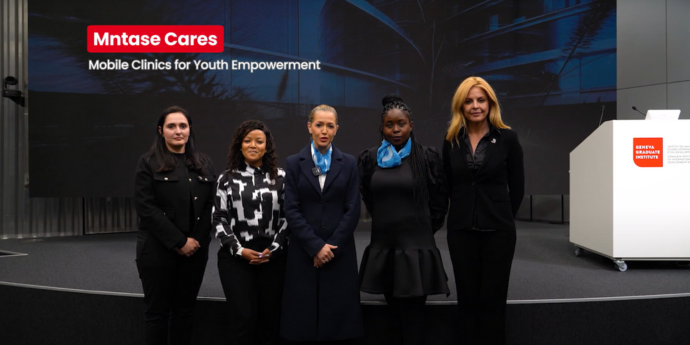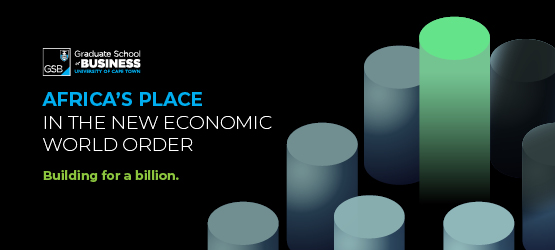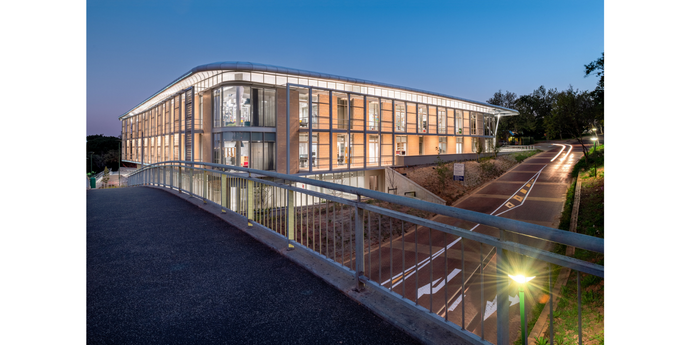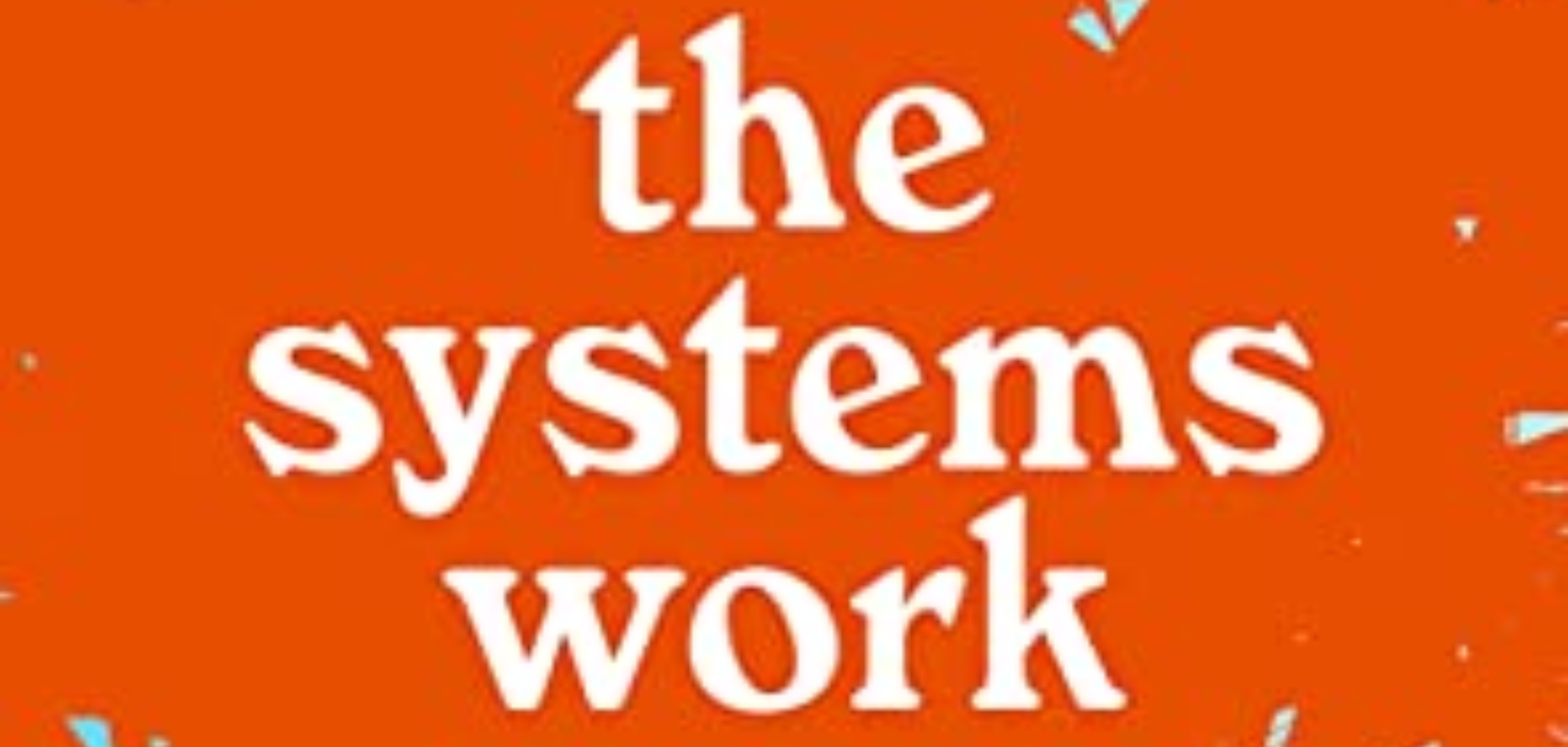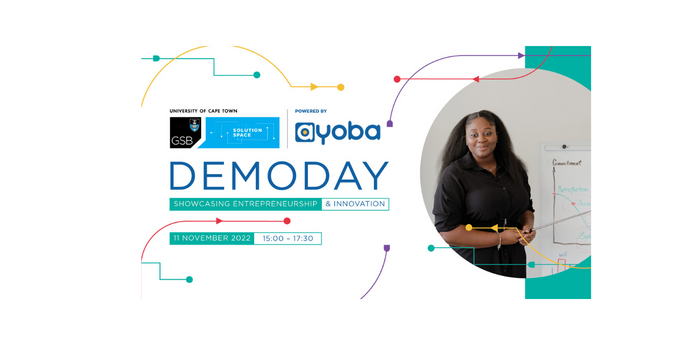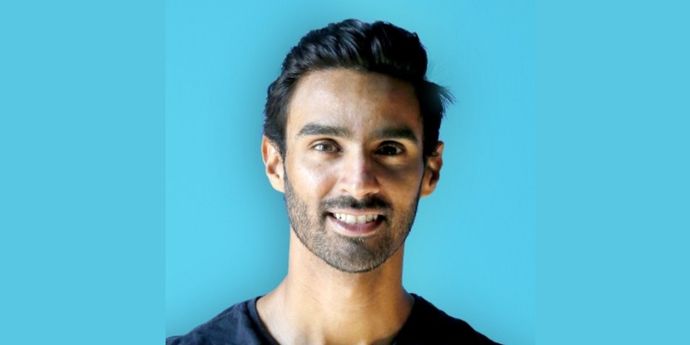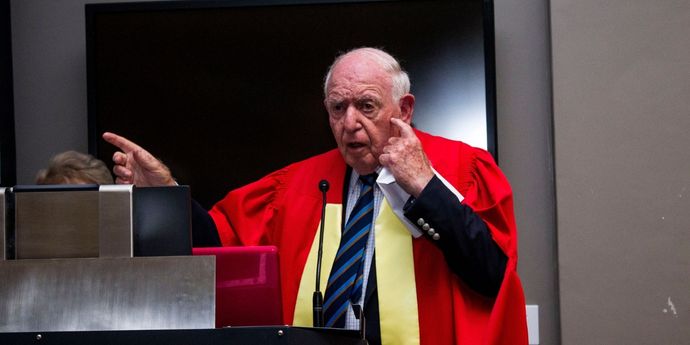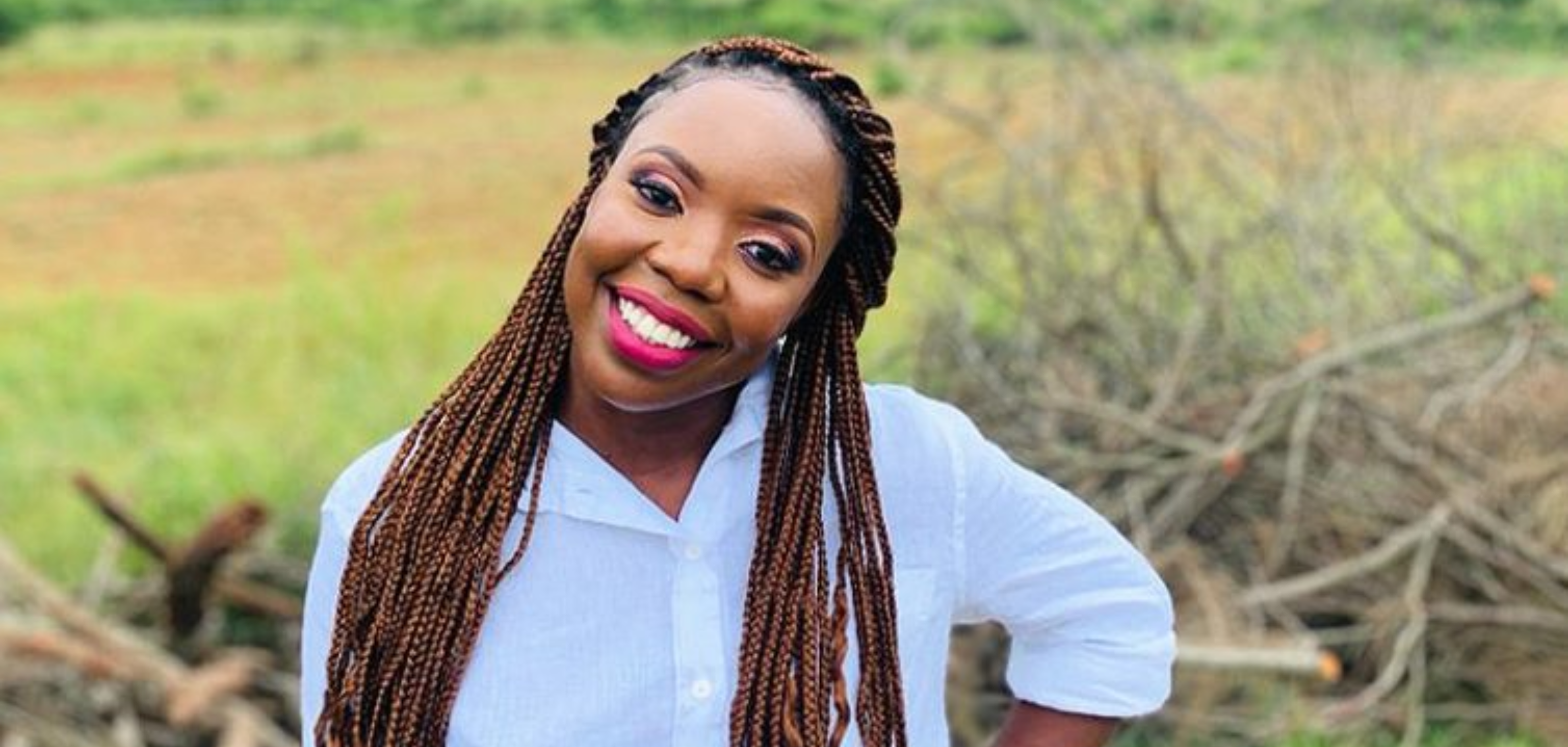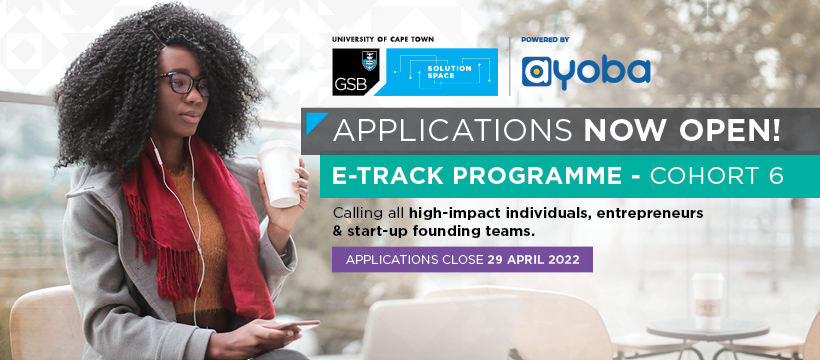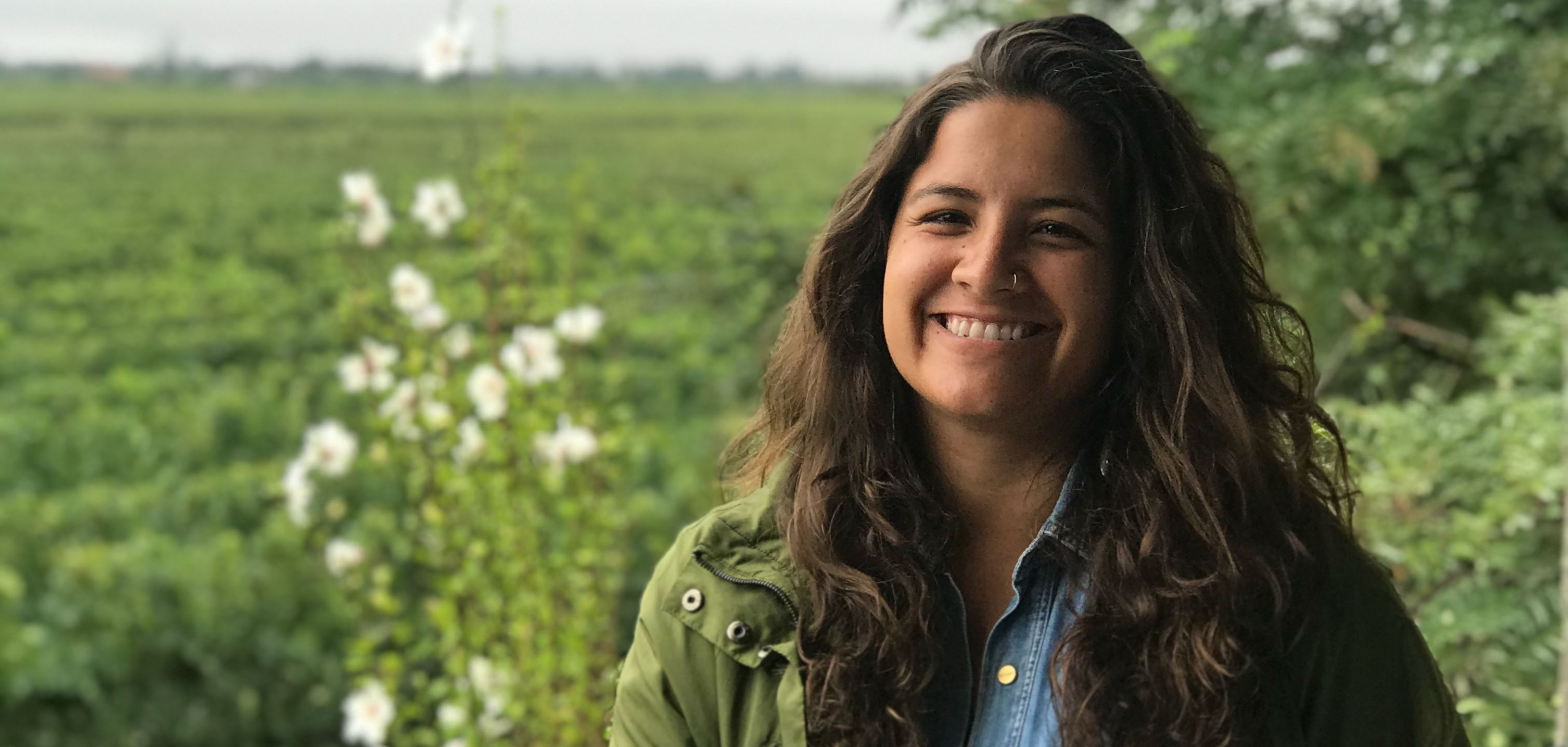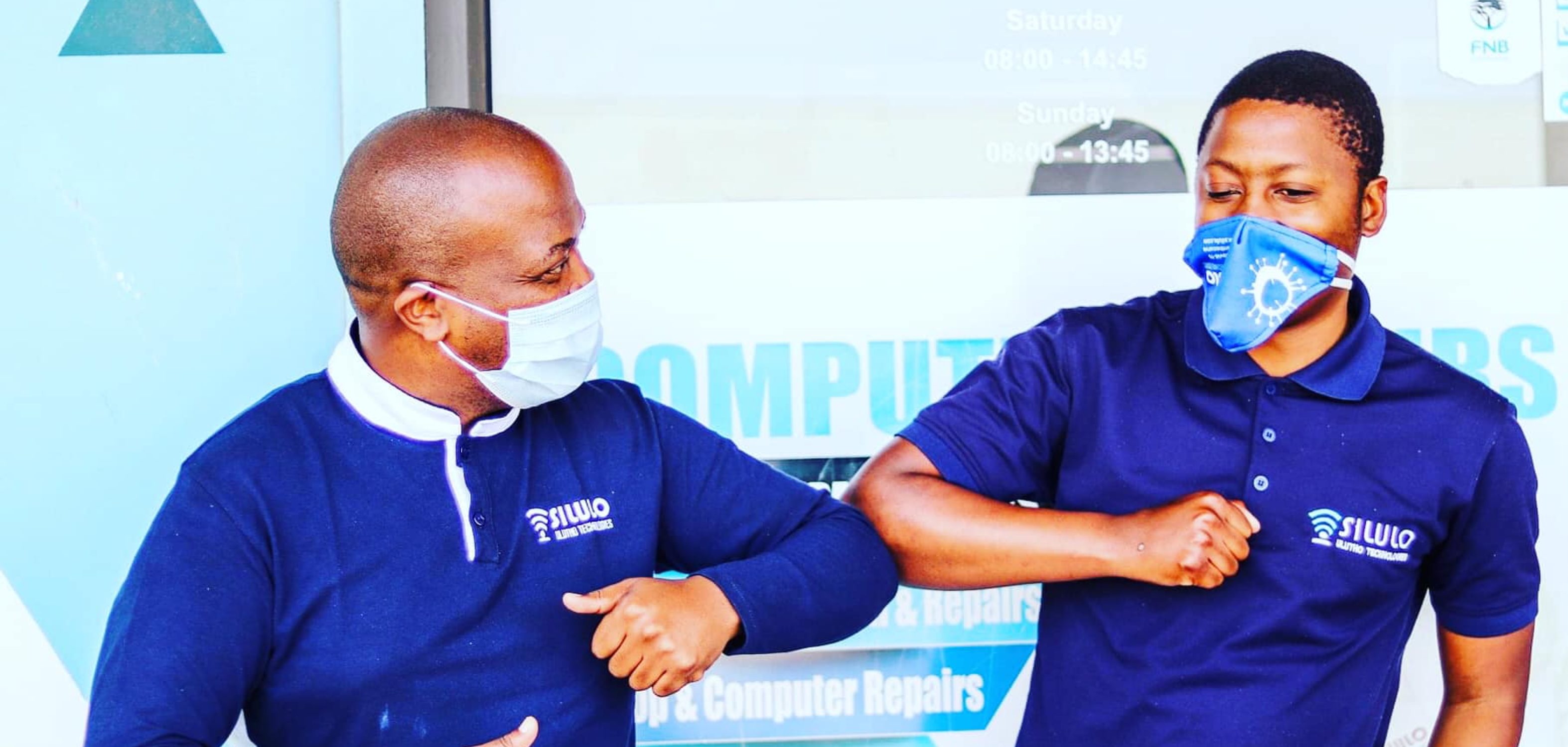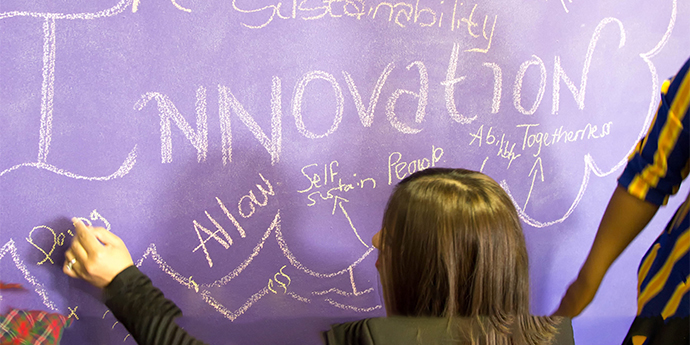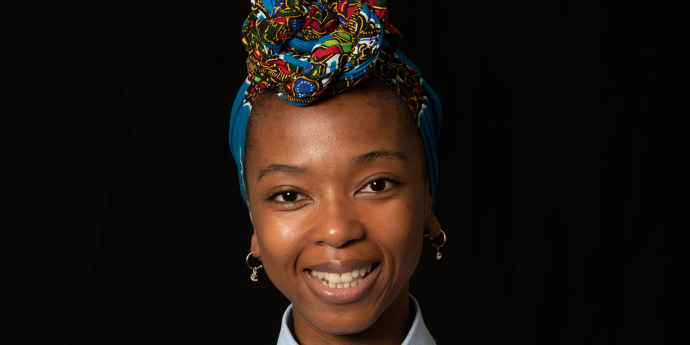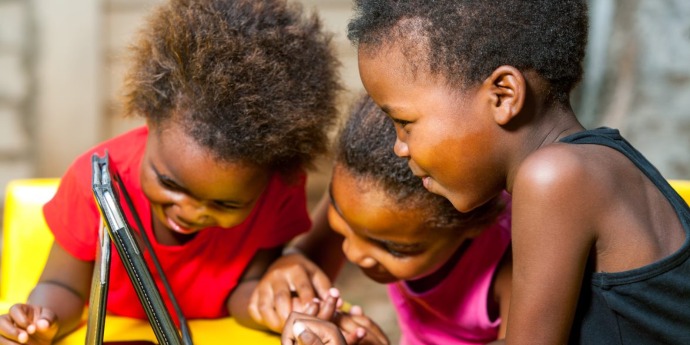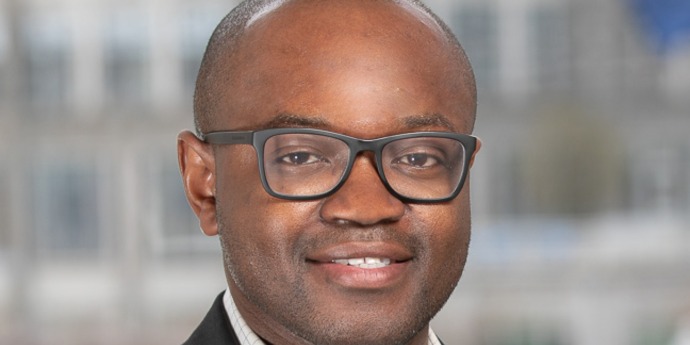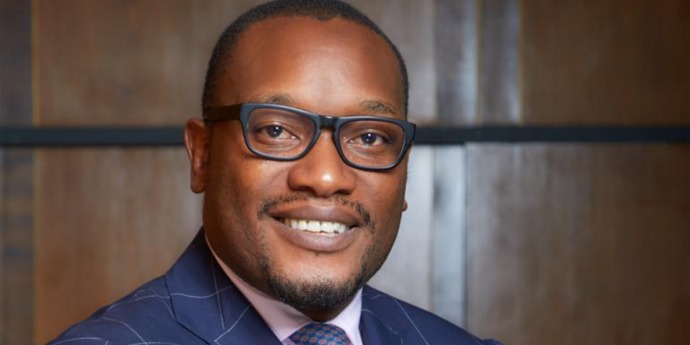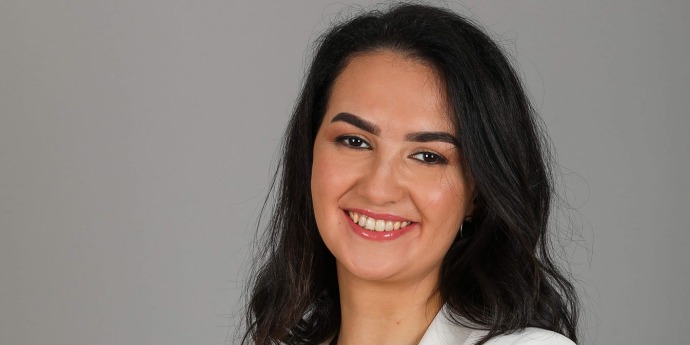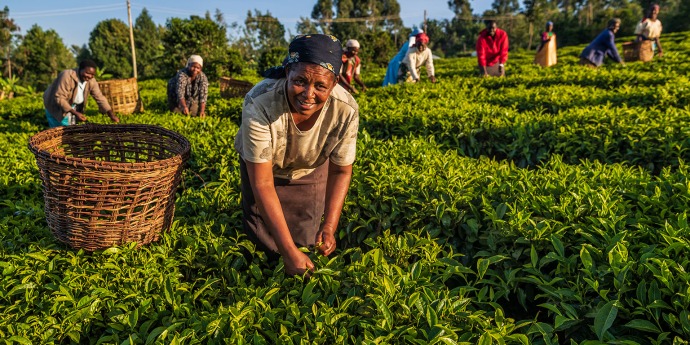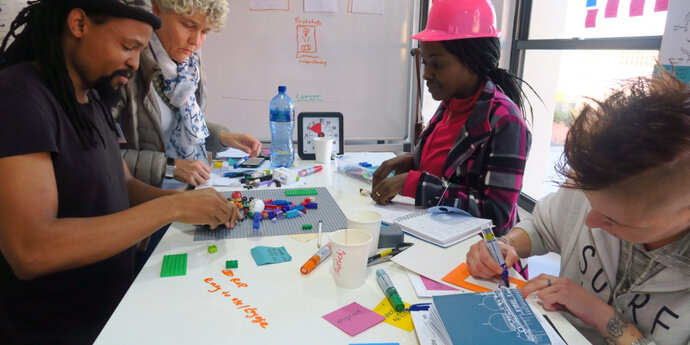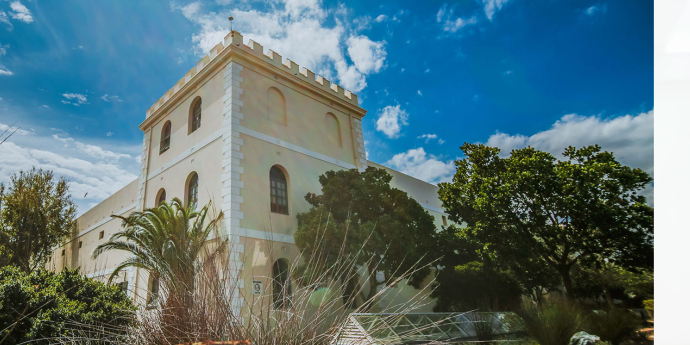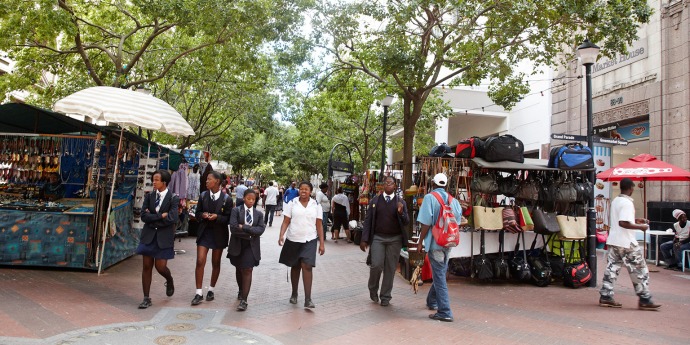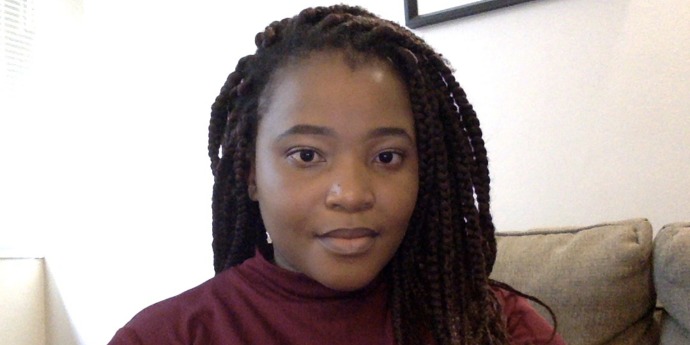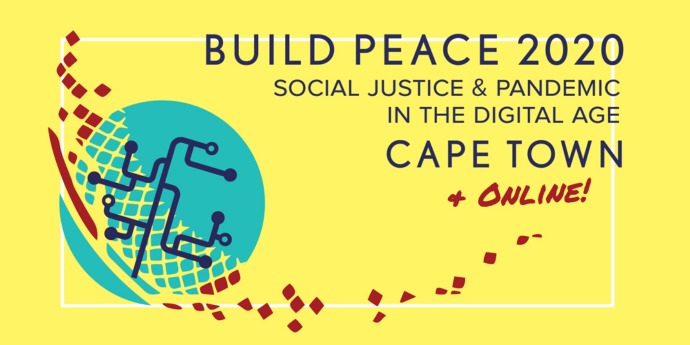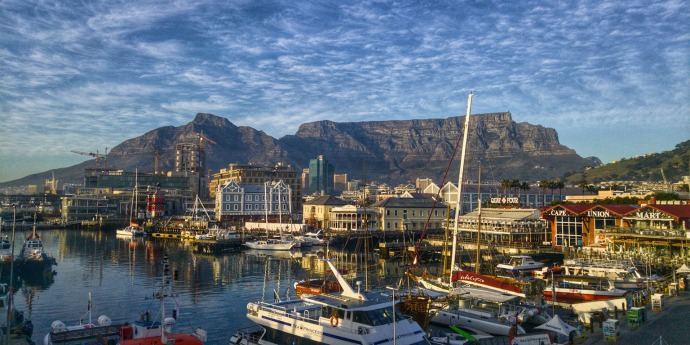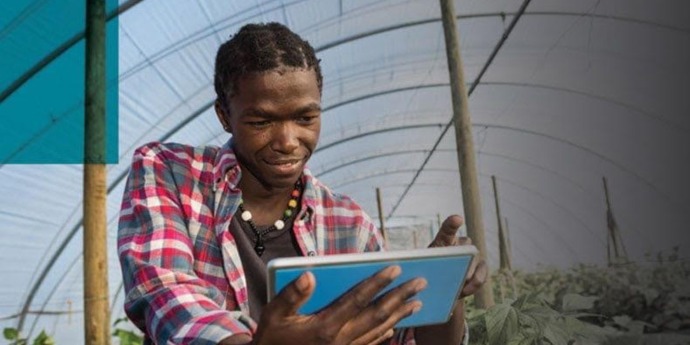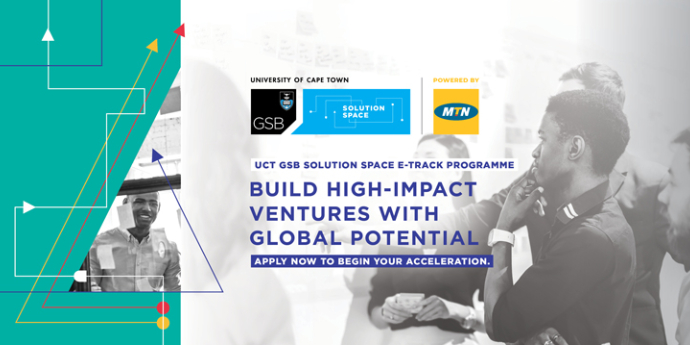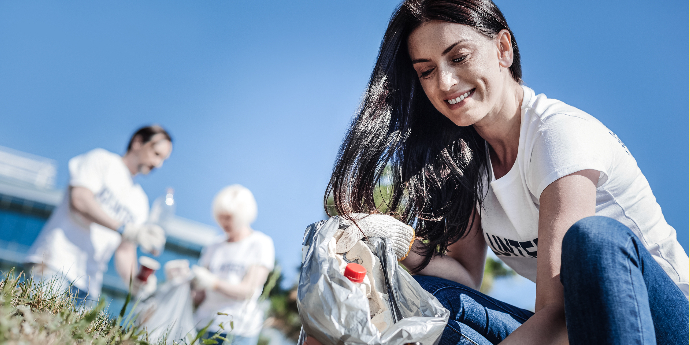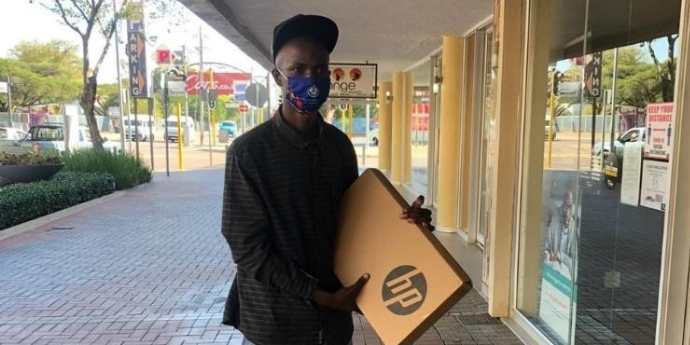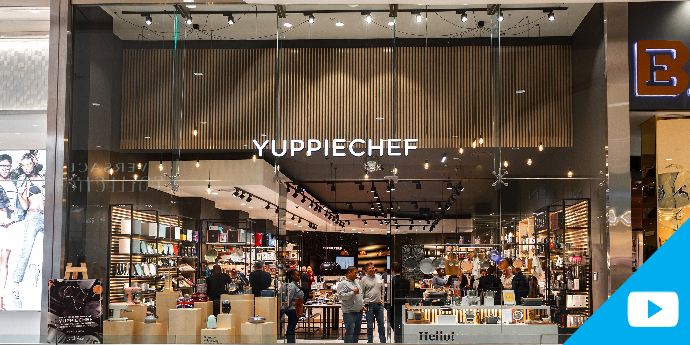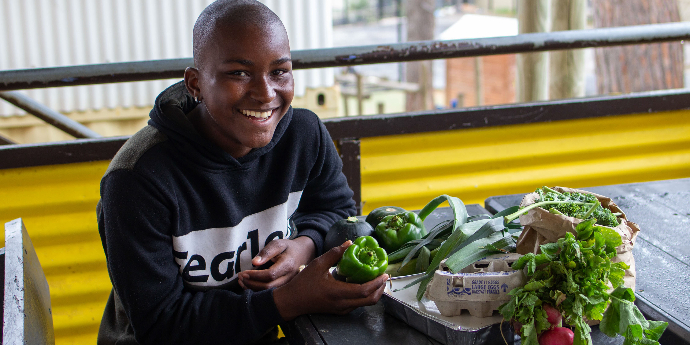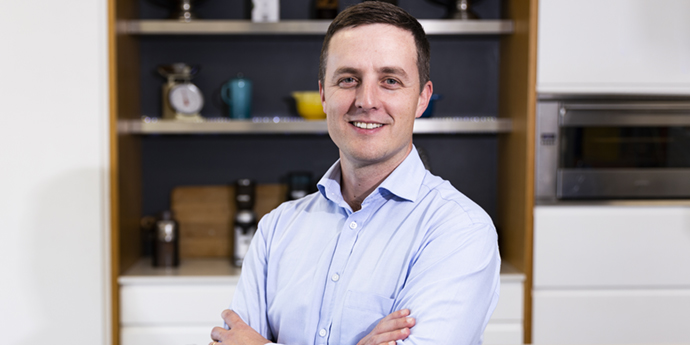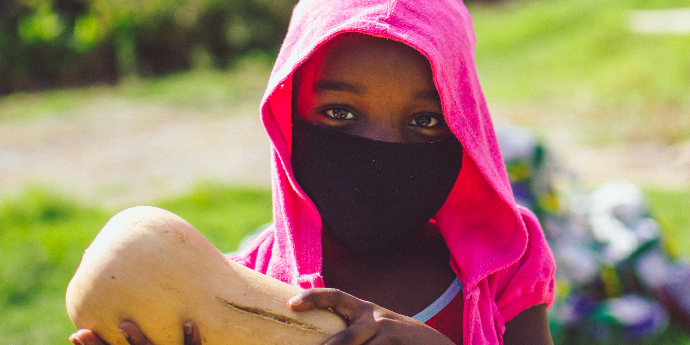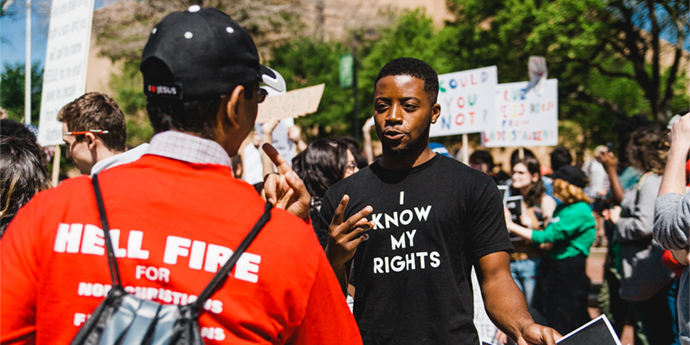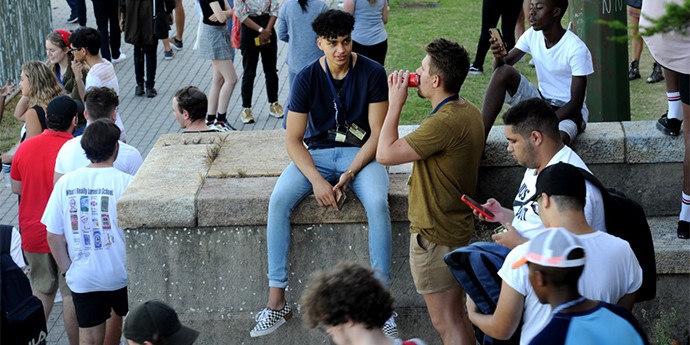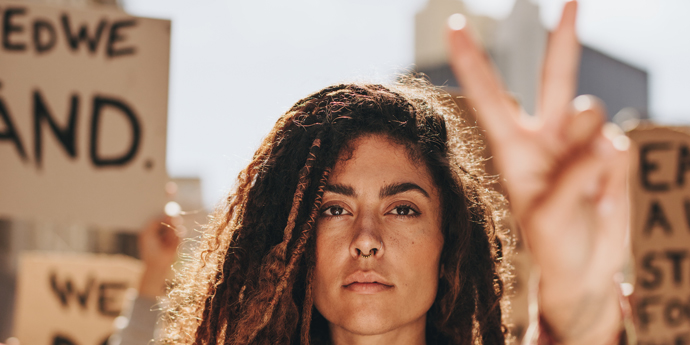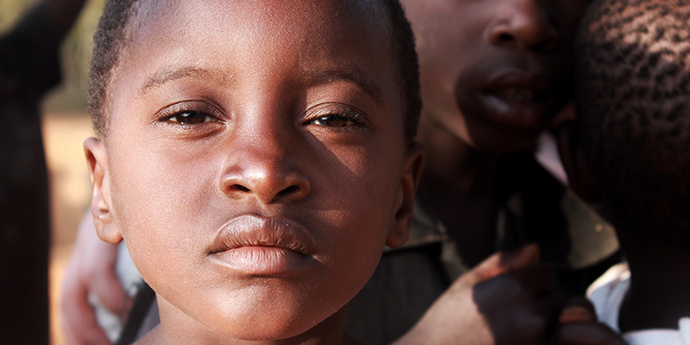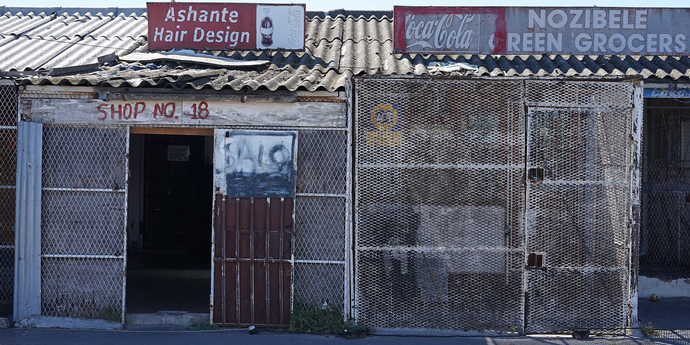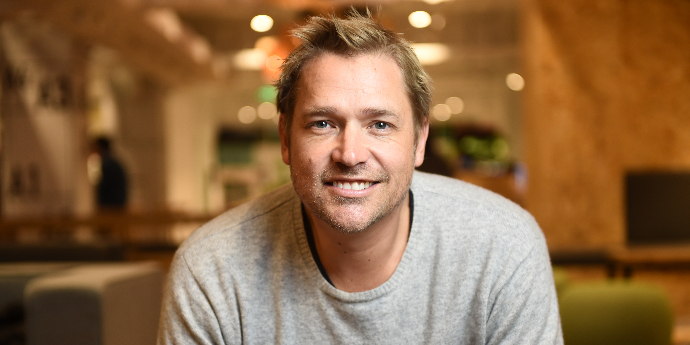Dr Puleng Makhoalibe vividly remembers the first session of her Creativity, Strategy and Design elective on her MBA course. Even though it was 12 years ago, she recalls the lecturer asking the class, “How many of you think you are creative?” Her immediate response was that she was not creative at all and she had to wonder why they were being asked this question at all, when they were there to learn business skills?
“But that question sent me on a path of introspection,” she says. “This part of the course was the beginning of changing my story; the beginning of exploring how I was going to go to work for 40 hours a week and be proud that I’m continuing God’s work of creation, which I am called to do,” she says.
As a qualified software engineer, she found herself wondering if the work she was doing was changing the world and adding meaning to her life. As her mindset shifted, she found herself gravitating towards design thinking and creative problem solving. She conceived a Project Artistry methodology that draws from these schools of thought, which she uses in her consulting and facilitation. Fast forward ten years and she is now the Head of Henley Innovation, Creativity & Entrepreneurship, where she is immersed in these fields. She now consults, trains and designs programmes that help corporates to unleash their creative potential, while also working with creatives to unleash their commercial acumen.
Puleng grew up in Lesotho, herding and milking cows every day after school. She credits her childhood with teaching her the values of a strong work ethic and using time productively. After studying a BSc in Computer Science and Statistics at the National University of Lesotho, she went on to study management and business management, culminating in her PhD at the UCT GSB on best practice on navigating complex projects through project artistry, all these while working full time in private sector, government and higher educational institutions and also raising two children.
Puleng has founded her own company, The Alchemy Inspiration, and cofounded another business, Upside Global, with John Vlismas whom she met during her MBA. She also works as a facilitator for Knowinnovation, a global innovation company that has done work for NASA, and for Inclusive Innovation, another global team bringing innovation in developing countries and facilitating the implementation of SDG’s by bringing those previously excluded in the innovation co-creation process. She is a former board member of the Creative Education Foundation in the USA. In addition to being selected to participate in the 2019 Women Leaders for the World (WLW) programme, she has now joined the Women Leaders of the World Council and aims to bring this phenomenal programme to African soil.
Puleng is passionate about channelling all of this expertise and experience into unleashing creative power and thinking in her fellow Africans. “I believe that we in Africa are beginning to translate our cultural heritage into a creative landscape to influence the modern age.” She wants to reclaim the creative instinct in the minds of young people, many of whom have been held back, she believes, by restrictive and limiting education systems.
Ultimately, she believes creativity in business is integral to the future growth of African managers and leaders. But most businesses remain reluctant to be creative for fear of failure. She says, “For those who are willing to explore it, the potential exists to not only create business growth and enhance employee satisfaction and retention, but also to get full engagement from employees as we reimagine the future together to invent new industries and business models that serve humanity.”
Dr Puleng Makhoalibe Puleng self-published The Alchemy books series (The Alchemy of Disruptive Intelligence, the Alchemy of Facilitation and the Alchemy of Emerging Leadership) in collaboration with colleagues and business partners. The series can be obtained at www.alchemyinspiration.com.
Q&A
1. What did you study at the GSB and what was the year of studying?
I did a modular MBA in 2007/8 and then I started a part-time PhD programme in 2011 and graduated in 2017.
2. What stood out most for you during your studies at the GSB? Was this good or bad?
I think what really stood out for me, was how I went to a business school with a mindset to learn more about business and encountering a programme that encouraged me to dig deep within myself and understand myself before going to face the business world. It was a transformative, profound and reflective leadership experience coupled with leadership and creativity courses that have come to redefine my vision and purpose in life.
3. What was the one thing you took away from the GSB that you have been able to use and apply in your work. Can you describe to how you have applied it?
It is not so much about using and applying as it has become about my life’s purpose and vision. I was introduced to creativity at the GSB and it was a light-bulb moment for me, making me want to pursue a whole new trajectory in life; beginning with examining how my brain works to finding holistic approaches to problem solving and being — which has become my way of being and doing. This is my vocation.
4. Would you recommend the GSB to others — and if so, what would you say about it?
Absolutely. If you want to do an MBA with impact, a lot of rigour, leadership development as well as a deep, reflective process, many aspects of emotional and mental intelligence, which also pushes you to dig deep and really understand yourself, your past and how to own your own story and using it as a position of strength — then this is the course for you. Really, the electives I chose allowed me to begin my journey in the way I wanted it to. It is for anyone, from an individual who wants to become a leader or simply someone looking to upskills; there is a buffet of options for you to choose who you want to become.
5. Are you volunteer at the GSB?
Not as such, but I get involved when called upon and I am also an MBA thesis external examiner.
6. Do you think that volunteering is worthwhile — if so why?
I absolutely believe in the power of giving back. In fact, my belief is that a few of us - 1% of the world population, if you have a PhD, have a responsibility to solve the toughest problems, and contribute to the uplifting of societies and others in our continent who don’t have access. It is our work to pay it forward.

